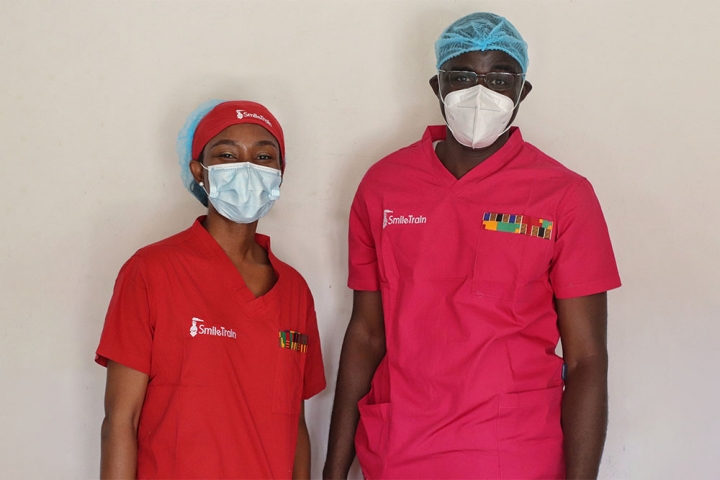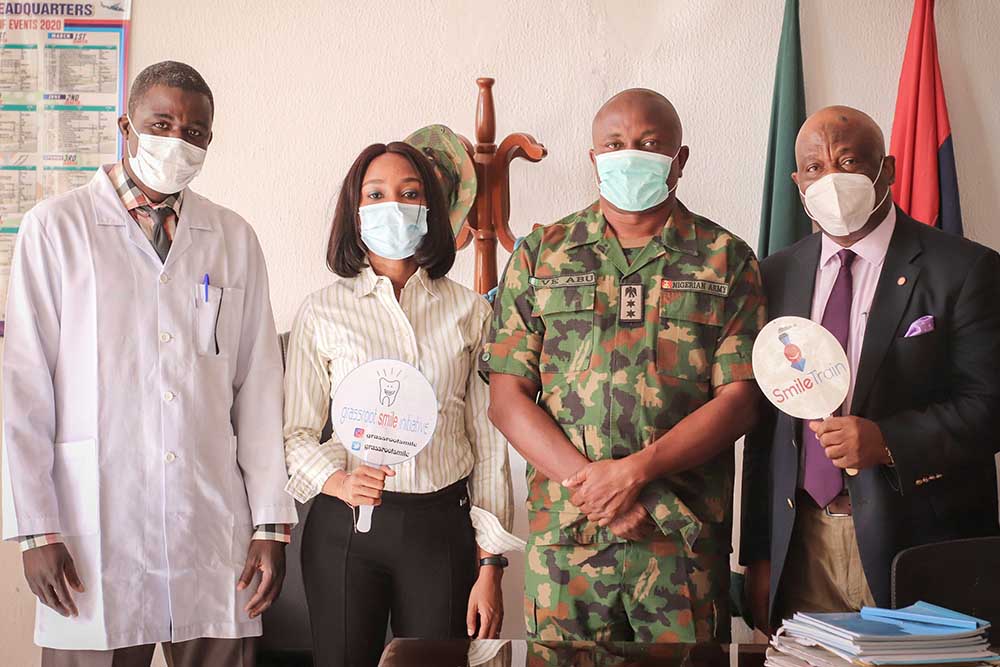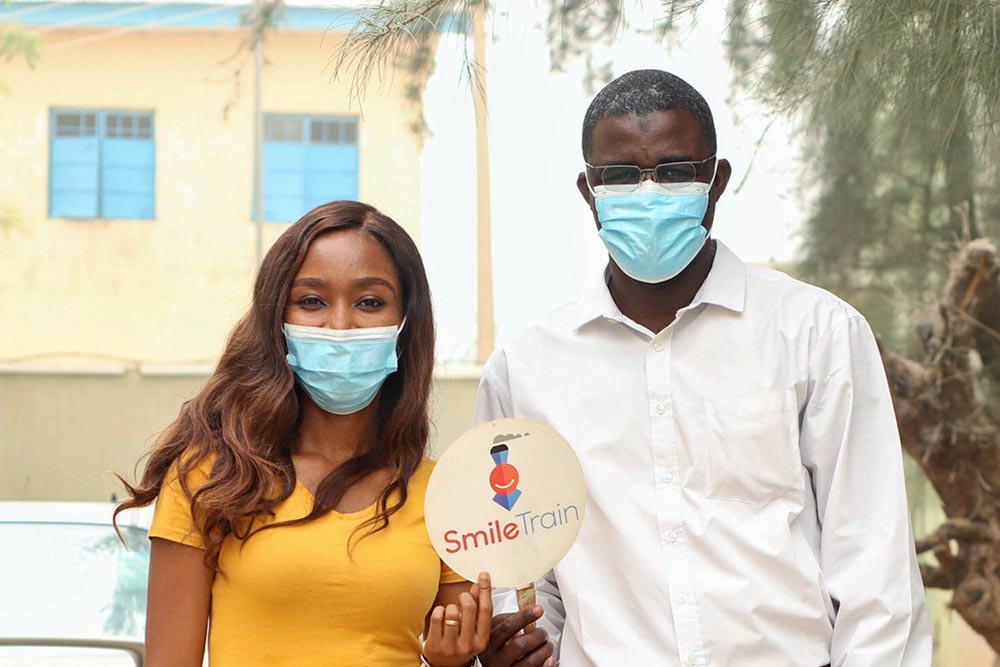Building Capacity Through Education
How Dr. Aliyu Farinyaro and Dr. Amaka Ehighibe are leading the way

“There are major challenges in surgery, particularly in cleft care. In my area, there are three doctors to every 600 patients, and we just don’t have the capacity to treat all of them,” says Dr. Aliyu Farinyaro, a pediatric surgeon from Katsina, one of the largest states in Nigeria.
Dr. Amaka Ehighibe, a plastic and reconstructive surgeon, fellow of the West African College of Surgeons (WACS), and associate fellow of the American College of Surgeons, says the same challenges exist in her home, Abuja — the country’s capital. “There just isn’t enough manpower, and not enough doctors to treat patients' surgical needs,” she says.
Currently, low- and middle-income countries are facing an estimated shortage of one million surgical, anesthesia, and obstetrical (SAO) specialists. Research shows that the number of SAO specialists per 100,000 people, or “SAO density,” serves as a good indicator of health outcomes within a given country. If this number falls below 20, health outcomes worsen.
While surgeons are scarce, pediatric surgeons skilled in performing cleft surgery are even more so, leaving many babies with clefts unable to access lifesaving care.
As fellows at the Grassroot Smile Initiative, a long-time Smile Train partner in the city of Kano known as a leader in comprehensive care, Drs. Farinyaro and Ehighibe are working to change this reality.

Their fellowship is part of a one-year graduate program sponsored by Smile Train and the WACS intended to build capacity for pediatric surgery and cleft care in West and Central Africa. The rigorous hands-on program includes lectures, seminars, journal presentations, and a final dissertation on any topic relating to clefts. It also includes a strong focus on training for comprehensive cleft care, or essential cleft treatments beyond surgery, such as nutritional support, speech therapy, and orthodontics.
The fellowship will support six surgeons each year for the next five years at accredited hospitals in Nigeria, Ghana, and French West Africa.
“Many of the patients and families we see are very focused on the visual aspect, which is the cleft lip. However, there is so much more to cleft care, including speech therapy and orthodontics,” Dr. Ehighibe says. “This program teaches us that cleft care is a multidisciplinary effort, requiring the work of many different specialists.”
Their plan once the program comes to an end is nothing to continue changing the world one smile at a time — starting with increasing access to cleft care in Nigeria.

Dr. Ehighibe wants to ensure that her country’s government and policymakers are investing in holistic cleft care. The Federal Ministry of Health recently joined with Smile Train and other stakeholders to launch a National Surgical, Obstetrics, Anaesthesia & Nursing Plan (NSOANP) for Nigeria, which will serve as a roadmap to building surgical capacity throughout the country. Dr. Ehighibe feels that, thanks to Smile Train, she has now gained the resources she needs to advocate for Nigerians with clefts, and now wants to ensure its successful implementation. “I want to be able to collaborate with the government and put policies into place that make it possible for every patient to get the treatment they need. I want to make cleft care long term and sustainable.”
Dr. Farinyaro likewise wants to use the skills he learned from this program to provide cleft care services that currently don’t exist for many patients. “My hope is that cleft training programs like this will continue, so that cleft care will significantly improve in the future,” he says. “I want to give big thank you to Smile Train for continuing to provide these sustainable programs.”
